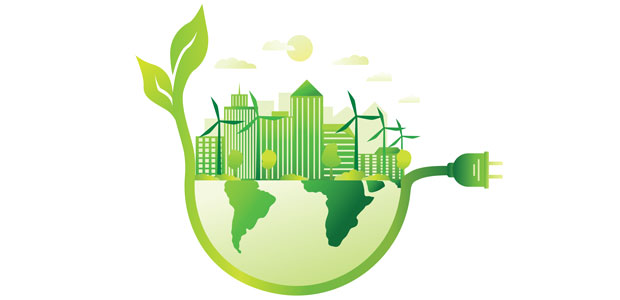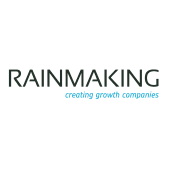
The lessons of COVID-19: Connecting entrepreneurship and the environment
One of the few positive effects of the COVID-19 pandemic had been the renewed focus of the climate agenda. Over the past few months we have seen companies like BP begin to divest from their traditional oil and gas business and set aggressive net zero targets. For startups this represents a huge opportunity.
After all, addressing the UN’s Sustainable Development goals (SDGs), cannot be achieved solely by big companies. Startups will play an essential role in helping to address some of these planet-sized challenges.
The planet is currently on track for a 3.2° global temperature rise. A survey of 1,000 global CEOs found that nearly two-fifths of bosses believe that the failure to link sustainability with business value has undermined the management of climate change.
Yet Accenture estimate that UK businesses alone could make around £100bn in productivity savings, and that there is a £200bn opportunity for businesses offering more sustainable products..
The UN’s Sustainable Development goals (SDGs)
In 2016 the United Nations passed the 17 Sustainable Development Goals (SDGs). A study by the Danske Bank in 2018 showed that already 10% of all Nordic startups are Impact-Startups, which address at least one of the SDGs. However, this is just a drop in the ocean.
150 businesses and trade body leaders urged the Prime Minister to put the UN SDG goals at the centre of the UK’s COVID-19 recovery plans. The pandemic has shown us how governments can act when they need to - and how willingly people can respond.
As we look to the future, sustainability will sit as a key driver for innovation. Businesses will start to apply tools of entrepreneurship and innovation to connect CSR with growth and revenue - and partnering with the right startups will be the key way businesses can do this effectively.
There is a real opportunity for startups and corporates to collaborate across industries, combining innovation and pace with scale and structure and working together on everything from product design, sourcing materials to manufacturing. This need for partnership has also been recommended by the World Economic Forum’s report: 'New nature economy report'.
A shift in innovation budgets
Last month we surveyed 300 C-Suite level business leaders to get insight into how investment in innovation was changing pre and post the pandemic. It revealed an alarming increase in businesses saying they will not invest in innovation due to the COVID-19 crisis - a 213% increase among the same execs when questioned before and during the pandemic. You can view the research here.
The cutting of innovation budgets will not just impact a company’s resilience and growth but their ability to meet their sustainability goals and targets, which have become more important than ever with public and stakeholder expectation. The same research showed that 43% of executives confirmed sustainability was a key challenge they needed to address this year and over half (53%) believed that innovation would be at the heart of achieving their sustainability targets.
While it is understandable that many business leaders are prioritising economic recovery and short term cost savings due to the COVID-19 crisis, the pandemic has also provided a stark reminder around the need for businesses to innovate in order to create a fairer society and more positive impact. The SDGs are setting the agenda for business in the future, and a long term approach is vital in order to not just revitalise the economy but create a socially and environmentally sustainable planet.
Startups trailblazing in SDG
As a company we have done a great deal of research into the next wave of sustainable startup talent. Over half of Rainmaking’s projects are focused on innovating for good. We recently launched a comprehensive tool to help businesses innovate for good in a more cost effective way. The database comprises over 4,000 startups and can be accessed by businesses for free to help them gain valuable insights into trends within each SDG, to see where there are emerging clusters of startup activity and to explore the full range of Impact startups operating within each.
Some of the exciting startups we have identified, include:
- HumanIQ - Self-deploying financial infrastructure giving true hope for the unbanked. (SDG 1: No Poverty https://humaniq.com/contact-us)
- EO Charging - Design and manufacture smart electric vehicle chargers for home, work and destination. (SDG 7: Affordable and Clean Energy https://www.eocharging.com/)
- Ripple Energy - Making clean energy ownership affordable and accessible for everyone. (SDG 7: Affordable and Clean Energy https://www.rippleenergy.com)
- GrowUp Urban Farms - Sustainable commercial urban farms growing food for local markets. (SDG 12: Responsible Consumption and Production http://growup.org.uk/)
There is a vast world of innovation around the SDGs. For businesses that want to align their entrepreneurial efforts with the environment, partnering with a startup that focuses on SDGs is a great place to start. For the startups themselves - it has never been a better time to launch a business that helps solve an environmental challenge. Consumers and governments are behind you - and future generations will benefit from the work you do now.


